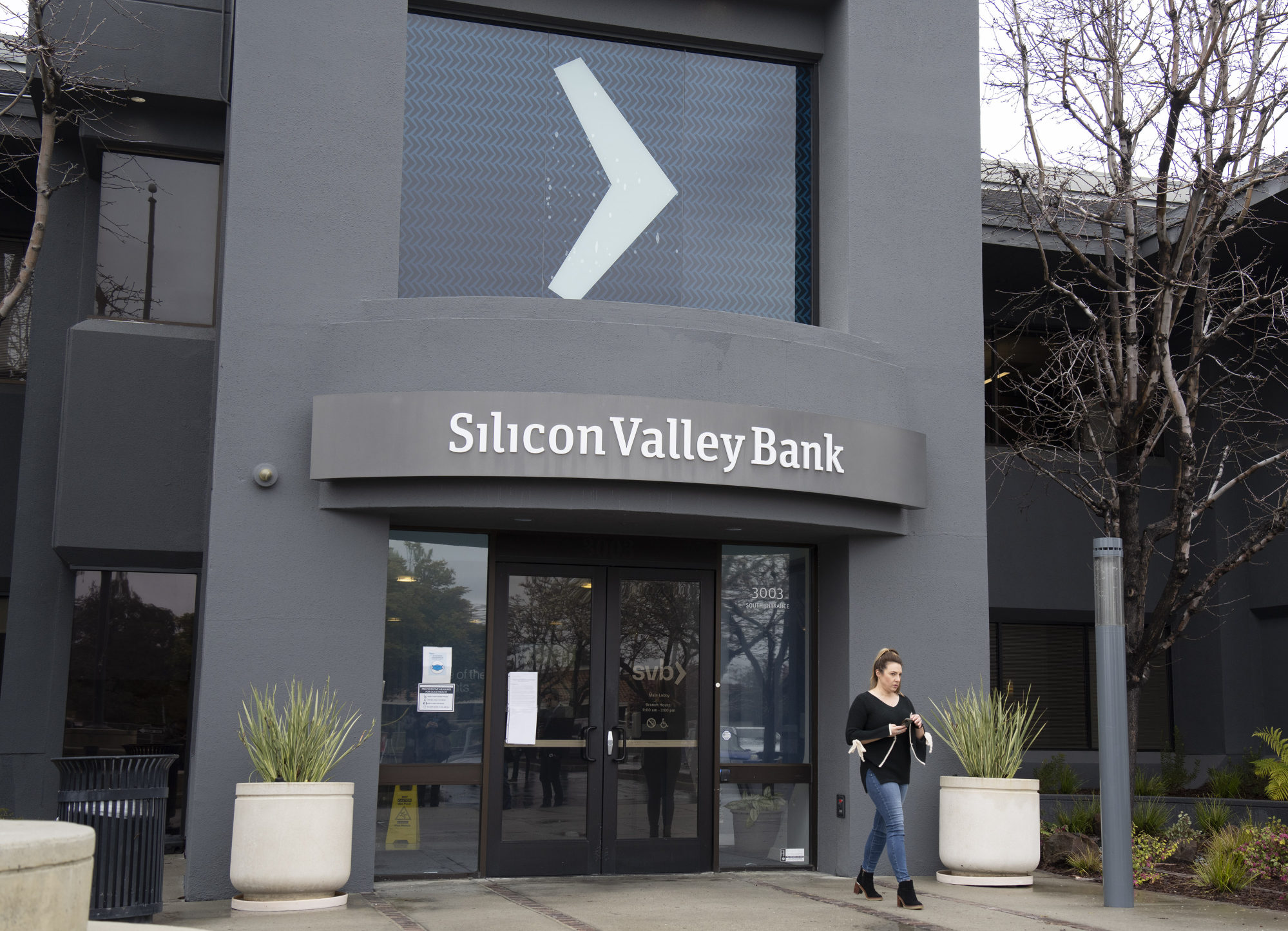
Silicon Valley Bank’s collapse hastens unravelling of long-standing ties between US venture capital and China’s technology start-ups
- Silicon Valley Bank’s failure appears to have shattered its Chinese clients’ belief that their money is bulletproof within the US financial system
- The likely impact of the US lender’s collapse is that China’s tech elite will look to banks in Hong Kong, Singapore and even Europe
Besides easing the flow of US money into Chinese start-ups, SVB essentially served as a safe harbour for China’s rich tech elite to park their offshore wealth. But the speed of SVB’s collapse caught many of its Chinese clients off guard, with literally no time to respond when the Federal Deposit Insurance Corp seized the bank’s assets and ordered its closure last Friday.

It is not hard to guess that these announcements represent just the tip of the iceberg of Chinese firms’ overall exposure to SVB. Firstly, individuals and non-public entities are under no obligation to disclose their exposure. Secondly, publicly-traded companies can choose not to make any disclosure at this moment.
Why did Silicon Valley Bank fail and what does it mean?
What appears most certain is that the Chinese public will not be sympathetic to businesses or individuals for the losses they have incurred with SVB.
The country’s rigid capital account control has created a dual-track foreign exchange system in which those who are rich or resourceful enough are able to own offshore accounts without much trouble. Ordinary Chinese people, by comparison, cannot freely access foreign capital or foreign markets, and often must present documents to local banks to prove their need for foreign currency if the sum involved is more than US$50,000 a year.
SVB once carried a magical cache by associating itself with the vast fortune and glory that entrepreneurs created in its Northern California home. At present, people want to distance themselves from the bank.
The likely side effect of SVB’s collapse is that China’s tech elite will turn to banks in Hong Kong, Singapore and even Europe to help them raise funds and manage their wealth.

